HOME > Product List > Veterinary medicine >
- PREVIOUS:Chloramphenicol
- NEXT:Moxifloxacin Hydrochloride
Roxithromycin
$15 $0 MORE & SAVE!BULK QUANTITY DISCOUNT RATES
Roxithromycin is a new - generation macrolide antibiotic. It exerts its antibacterial effect by inhibiting bacterial protein synthesis. Its antibacterial spectrum is similar to that of erythromycin, but it has stronger antibacterial activity, better oral absorption, a longer half - life, and milder gastrointestinal adverse reactions.
Product Details
I. Basic Information
Chemical Name: 9-[(2 - Methoxyethoxy)-methyl]erythromycin
Molecular Formula: C₄₁H₇₆N₂O₁₅
Molecular Weight: 837.05 g/mol
CAS Number:80214-83-1
Properties: The common dosage forms are tablets, capsules, granules and dry suspensions. It is a white or off-white crystalline powder, slightly soluble in water and easily soluble in methanol and ethanol.
II. Pharmacological Effects
1. Antibacterial Spectrum
Gram-positive Bacteria: Streptococcus pneumoniae, Streptococcus hemolyticus, Streptococcus viridans, Staphylococcus aureus (methicillin-sensitive strains).
Characteristics: Still effective against some penicillin-resistant Streptococcus pneumoniae.
Gram-negative Bacteria: Haemophilus influenzae, Moraxella catarrhalis, Bordetella pertussis, Campylobacter jejuni.
Anaerobic bacteria:
Some Peptostreptococcus, Propionibacterium acnes, etc.
2. Mechanism of action
It binds to the 23S rRNA of the 50S subunit of the bacterial ribosome, inhibits peptide chain elongation and bacterial protein synthesis, and belongs to rapid-acting bacteriostatic agents.
Usage and Dosage
Adults Tablets / Capsules 150 mg each time, twice a day; or 300 mg once a day
Granules / Dry Suspensions 150 mg each time, twice a day
Children
Granules / Dry Suspensions: For those with body weight > 24 kg, the dosage is 150 mg each time, twice a day; for those with body weight ≤ 24 kg, the dosage is 5 - 10 mg/kg per day, divided into two administrations.
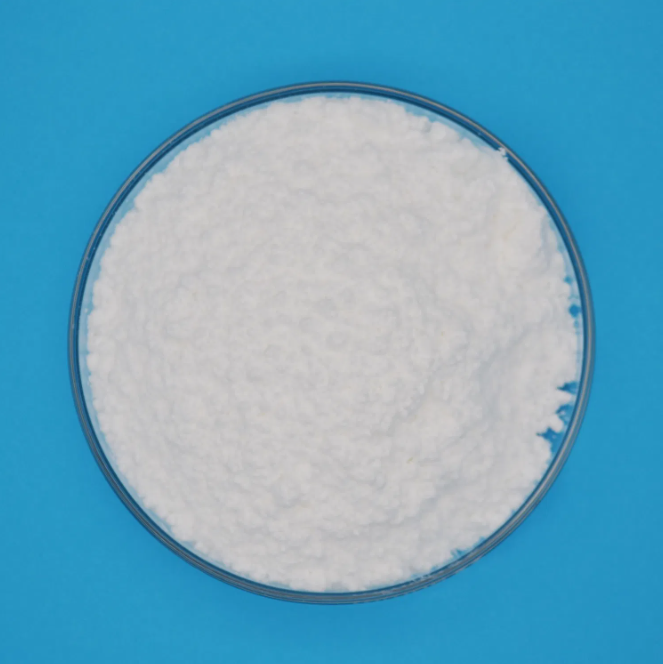


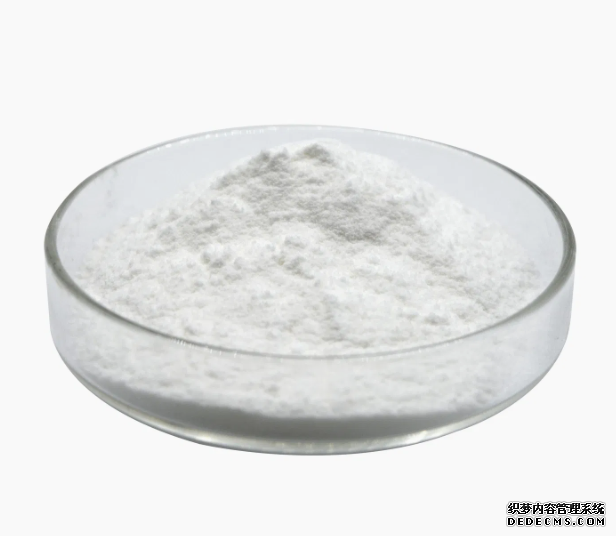
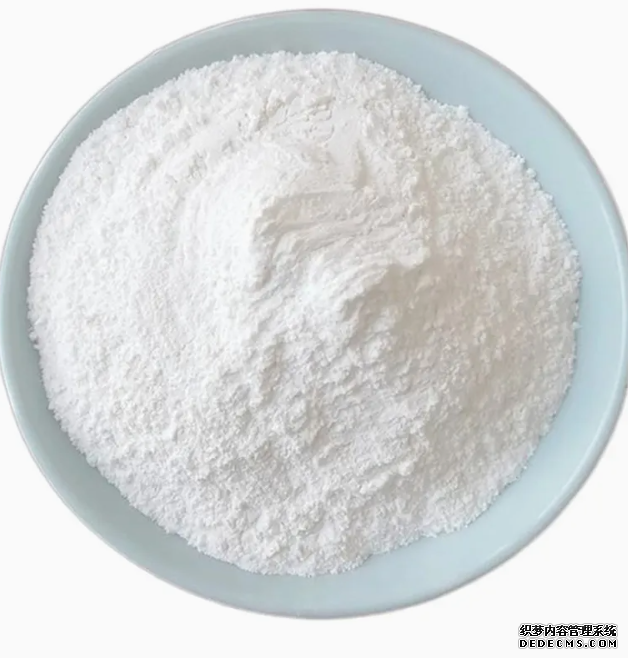
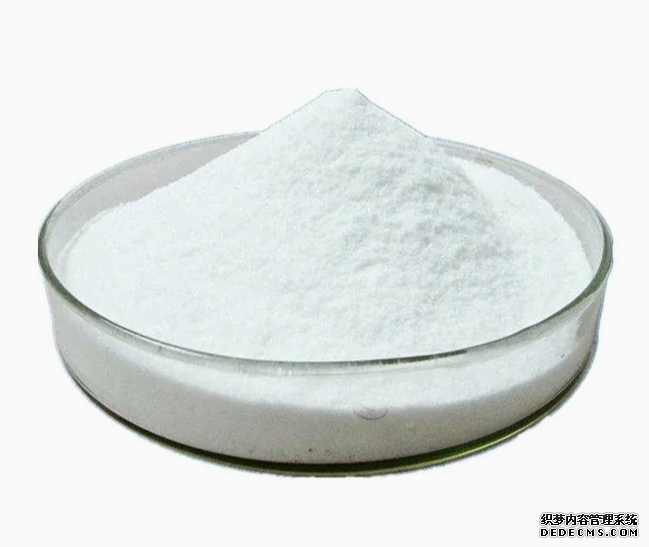
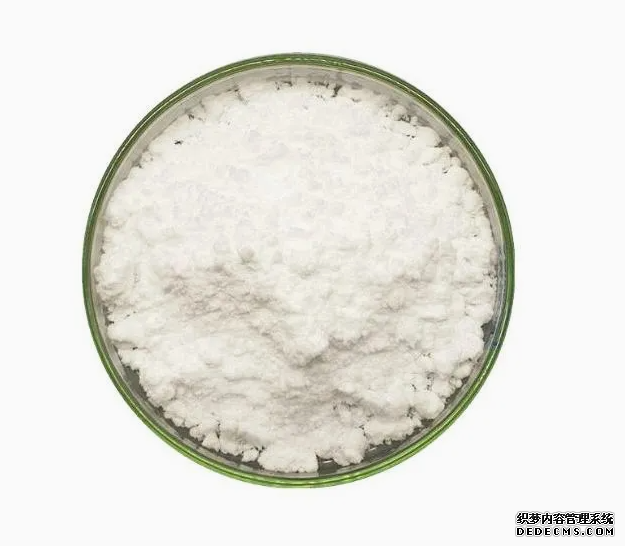


 QQ客服
QQ客服